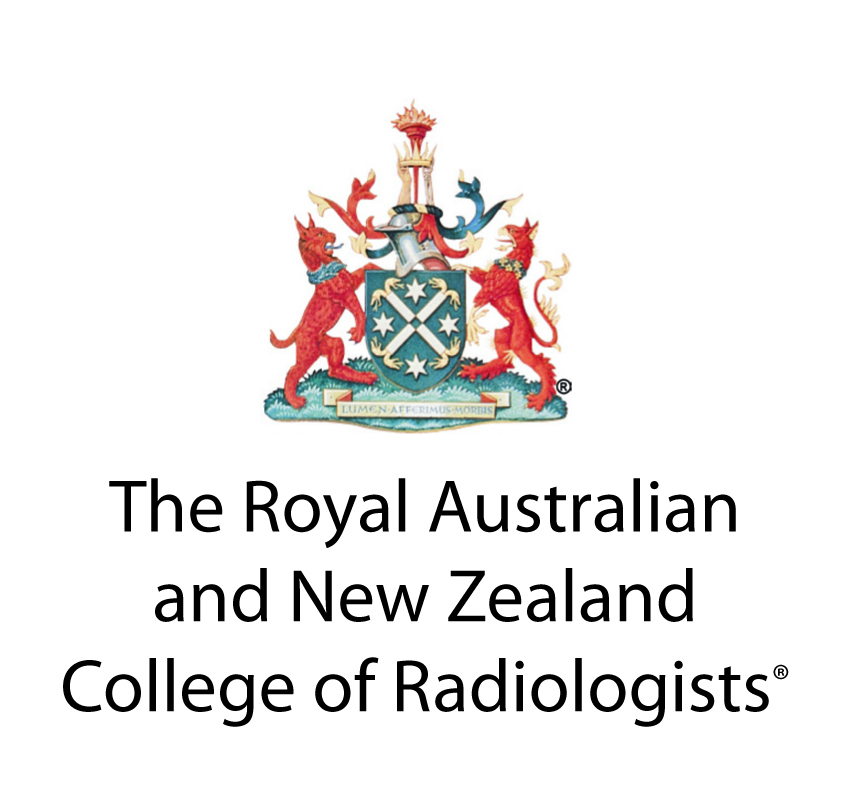Recommendations
Tests, treatments, and procedures for healthcare providers and consumers to question
Australia's peak health professional colleges, societies and associations have developed lists of recommendations of the tests, treatments, and procedures that healthcare providers and consumers should question.
Each recommendation is based on the latest available evidence. Importantly, they are not prescriptive but are intended as guidance to start a conversation about what is appropriate and necessary.
As each situation is unique, healthcare providers and consumers should use the recommendations to collaboratively formulate an appropriate healthcare plan together.
Cancer
The Royal College of Pathologists of Australasia
Visit page
- Do not perform PSA testing for prostate cancer screening in men with no symptoms and whose life expectancy is less than 7 years.
Restrict the use of serum tumour marker tests to the monitoring of a cancer known to produce these markers. There may be a role, however, for tumour marker measurement in the initial investigation and assessment of high risk or symptomatic individuals.
A list of ten items was compiled after reviewing international literature associated with the Choosing Wisely campaign in Northern America. The College’s advisory committees were canvassed for further relevant evidence based literature and their expert opinions were sought.
The ten items were then adopted as a College Position Statement titled ‘Inappropriate Pathology Requesting’. This list was then sent to RCPA Fellows and Trainees based in Australia to rank the top five tests to include in the Australian Choosing Wisely initiative. The five items selected were approved by both the RCPA's Board of Professional Practice and Quality and the RCPA Board of Directors.
The Royal Australian and New Zealand College of Radiologists
Visit page
- Don't routinely add adjuvant whole-brain radiation therapy to stereotactic radiosurgery for limited brain metastases.
- Do not proceed with any treatment for localised prostate cancer unless the man has been offered a consultation with a urologist and a radiation oncologist, and taken time to consider the advantages and disadvantages of each treatment option.
- Don’t initiate management of low risk prostate cancer without discussing active surveillance.
Clinical radiology recommendations 1-6 (April 2015)
A team of five Lead Radiologists were nominated to guide RANZCR's Choosing Wisely contribution. These Lead Radiologists analysed previous work completed by RANZCR, in particular a series of Education Modules for Appropriate Imaging Referrals.
These modules had been developed from an extensive evidence base and with multiple stakeholder input. Using the evidence from the Education Modules, the Lead Radiologists developed a draft recommendations list, which was then further developed and endorsed by RANZCR's Quality and Safety Committee, before being circulated to the RANZCR membership for consultation with a request for alternative recommendations. Member feedback was reviewed by the Lead Radiologists prior to ratification of the final recommendations by the Faculty of Clinical Radiology Council. The final six items selected were those that were felt to meet the goals of Choosing Wisely, i.e. those which are frequently requested or which might expose patients to unnecessary radiation.
Due to the fundamental role of diagnostic imaging in supporting diagnosis across the healthcare system, RANZCR worked closely with other Colleges throughout the project via the Advisory Panel. Following identification of two common recommendations with the Australasian College for Emergency Medicine, it was agreed by both Colleges to present these items jointly.
Radiation oncology recommendations 7-10 (September 2021)
Recommendations relating to radiation oncology from the Choosing Wisely and Choosing Wisely Canada were circulated around the Faculty of Radiation Oncology Council to determine which recommendations were applicable to the Australian and New Zealand context. The selected recommendations were then put to the Quality Improvement and Economics and Workforce Committees, with each being asked to rank the recommendations. The five highest ranked recommendations were then put to the radiation oncology membership for consultation prior to being formally approved by the Faculty of Radiation Oncology Council. Recommendations 7-10 are adapted from the American Society for Radiation Oncology (ASTRO) 2013 and 2014 lists. Recommendation 11 is adapted from Choosing Wisely Canada’s Oncology list. Each organisation was approached for—and subsequently granted—approval to adapt these recommendations as part of the Choosing Wisely Australia campaign.
This initial list has now been reviewed with recommendations 7, 8 & 10 remaining unchanged, recommendation 9 has been updated based on the advice of the Faculty of Radiation Oncology Quality Improvement Committee and Recommendation 11 has been replaced based on the feedback of the Quality Improvement Committee and the Policy and Advocacy team.
Medical Oncology Group of Australia
Visit page
- Do not routinely offer pharmacological venous thromboembolism (VTE) prophylaxis to ambulatory outpatients who are undergoing oncological treatment.
- Do not perform routine cancer screening, or surveillance for a new primary cancer, in the majority of patients with metastatic disease.
Avoid tests (biomarkers and imaging) for recurrent cancer in previously treated asymptomatic patients unless there is evidence that early detection of recurrence can improve survival or quality of life; including avoiding surveillance testing (biomarkers) or imaging (PET, CT and radionuclide bone scans) for asymptomatic individuals who have been treated for breast cancer with curative intent.
- Do not perform serum tumour marker tests except to evaluate or monitor a cancer known to produce these markers.
- Avoid cytotoxic chemotherapy in patients with advanced cancer who are unlikely to benefit from chemotherapy (ECOG performance status 3 or 4) and continue to focus on symptom relief and palliative care.
An Evolve working group of MOGA members was established and compiled an initial list of 79 potentially low-value tests, treatments, and other clinical practices in medical oncology, drawing on the results of a desktop review and clinical experience. Anonymised email feedback on the list was collated and analysed and the initial list was reduced to 64 items. These were divided into seven categories, ranging from ‘Diagnosis and staging’ to ‘Therapy’. An online survey allowed members of the working group to anonymously choose the top six or the top three from each category (depending on the number in the category). From this, a list of the top-28 items was then presented to the MOGA Executive Committee. Following anonymised email feedback, this list was further reduced to 24 items. Each member of the Committee was invited to nominate their top-12 of these. Responses were consolidated and a list of 11 items compiled, which served as the basis of a final online survey, to which the entire MOGA membership was invited to respond. Respondents assigned a score of 1 to 5 for each item based on their level of agreement with each. Scores for each item were averaged and the top-5 list produced.